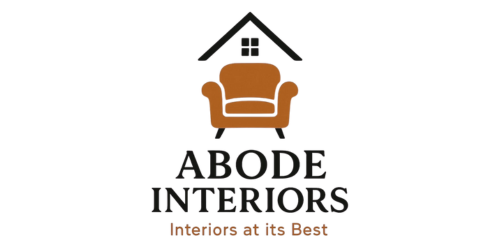Louver Panels: The Perfect Blend of Functionality and Aesthetic Design
When it comes to enhancing both the beauty and performance of a space, louver panels have become a popular architectural choice. Known for their sleek design, ventilation benefits, and versatile applications, these panels are widely used in modern homes, offices, and commercial buildings. Whether installed indoors or outdoors, louver panels offer a perfect balance of style, privacy, and practicality.
What Are Louver Panels?
A louver panel is a decorative and functional feature made of horizontal or vertical slats or blades that allow controlled airflow and light passage. The design helps block direct sunlight and rain while maintaining ventilation and privacy. Louvers can be fixed or adjustable, depending on the intended use and desired level of light or air control.
Available in various materials like wood, aluminum, PVC, WPC (Wood Plastic Composite), and metal, louver panels are suitable for both interior and exterior applications — offering a modern touch with practical benefits.
Key Features and Functions of Louver Panels
-
Ventilation:
The angled slats promote air circulation, improving indoor air quality and reducing heat buildup. -
Privacy and Light Control:
Louvers let in natural light while maintaining privacy — ideal for offices, homes, and commercial spaces. -
Aesthetic Appeal:
Louver panels add a stylish and modern look to any structure, blending with both classic and contemporary designs. -
Protection from Elements:
Their design helps block rain and harsh sunlight, providing comfort and safety. -
Concealment:
Louvers can be used to hide unsightly areas like utility spaces, storage rooms, or air-conditioning units while maintaining airflow.
Materials Used in Louver Panels
Louver panels are available in various materials, each offering unique benefits:
- Wood: Offers a natural and warm look; perfect for interiors.
- Aluminum: Durable, weather-resistant, and ideal for outdoor use.
- PVC: Cost-effective, lightweight, and termite-resistant.
- WPC (Wood Plastic Composite): A popular eco-friendly choice that’s water-resistant and long-lasting.
- Metal: Adds a bold, industrial look and excellent durability.
- Glass: Modern and elegant, often used for decorative partitions or facades.
Applications of Louver Panels
1. Interior Applications:
- Wall cladding and ceiling decoration.
- Room partitions in open spaces.
- Furniture design and decorative backdrops.
2. Exterior Applications:
- Facades for residential and commercial buildings.
- Sun-shading systems and balcony screens.
- Ventilation panels for industrial structures.
3. Doors and Windows:
Incorporated into door and window designs to allow airflow without compromising security and privacy.
Benefits of Installing Louver Panels
- Enhances ventilation and light control.
- Improves building aesthetics with a modern finish.
- Reduces energy consumption by regulating sunlight and airflow.
- Provides long-term durability and low maintenance.
- Suitable for both indoor and outdoor applications.
Why Choose Louver Panels for Your Space?
Louver panels not only improve functionality but also elevate the visual appeal of your interiors and exteriors. They create a comfortable environment, reduce energy usage, and offer an elegant, architectural touch. Whether you’re renovating a home, upgrading an office, or designing a commercial project, louver panels are a smart and stylish solution.
Conclusion
Louver panels are more than just decorative features — they are intelligent design elements that combine style, ventilation, and protection. With options in wood, aluminum, PVC, and WPC, they can be customized to suit any architectural requirement.
Transform your space with modern louver panels and experience the perfect blend of beauty and functionality.
📞 Call now for order and give your walls and facades a stylish new look!

.png)